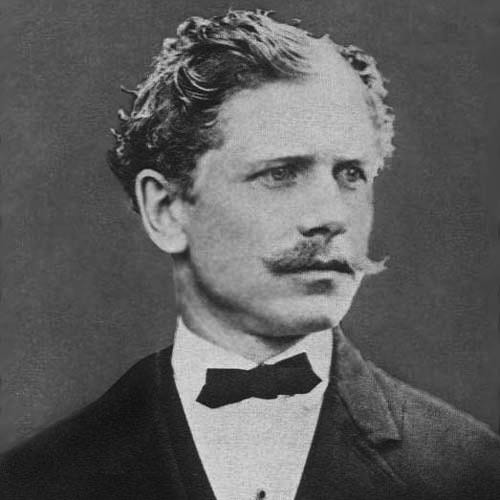In Ambrose Bierce's Footsteps: Rediscovering Linguistic Decorum
A Delightful Saunter Through 'Write It Right' – Paving the Way for Pristine Prose
Dear Readers,
How often do we trip over the tangled roots of English, a language so rich yet fraught with peculiar peccadilloes? In today’s armchair adventure through the annals of literary critique, we alight upon the venerable Ambrose Bierce's "Write It Right", his fiercely didactic guide to linguistic exactitude. (Truly, who amongst us hasn't sent off a text only to cringe at the autocorrected grammar gremlins at play?)
A titan of American literature, Bierce wields his pen as if a rapier in a duel against the misuse of our shared tongue. "Write It Right" is an essay from 1909 that rumbles with his rigor for clear and precise expression. It reads almost like a series of stern edicts from a prescriptive linguist – an Edwardian Strunk and White, if you will.
Dive into Bierce's 'little blacklist' of faults, as chronicled in the digital library of Project Gutenberg here: Write It Right
In this peculiar tome, Ambrose targets, with oft-comic austerity, words and phrases he deems ill-used. For example, Bierce insists that “bald-headed” is a clumsy substitute for “bald”, much like “horseflesh” for “horse”. With the meticulous zeal of a watchmaker, he dismantles the workings of casual language to reassemble it as formal and functional.
Ambrose Bierce himself, a sardonic genius who held court with a splendid estate of gothic tales and biting satire, vanished in Mexico around 1914 – his fate is one of the great enigmas of literary history. But his words are as immortal as the mystery of his disappearance, with works like "An Occurrence at Owl Creek Bridge" and "The Devil's Dictionary" still haunting the imagination of readers.
Akin to joining Bierce in conversation, I invite each of you to share your encounters with linguistic follies. In the comments, regale us with an anecdote or spring upon us a stealthy pet peeve that makes you chortle or wince.
For those impassioned by language and its proper use, consider Bierce's essay as a heritage to be re-explored. Each week, I will unfurl nuggets of wisdom from literary legends and how they might inform our writing today – subscribe to ensure you don't miss a post.
I also encourage you to keep the dialogue aloft by sharing this newsletter with fellows of the pen or others for whom the English language is both a playground and a battlefield.
Until our next literary rendezvous, remember that in writing, as in all art, clarity remains the jewel in the crown. And should you crave more insights into the life and words of Ambrose Bierce, I remain at your service to illuminate and discuss.
Fondly yours,
Amelia Rose Hawthorne
"Where stories bloom and dreams are handwritten"


